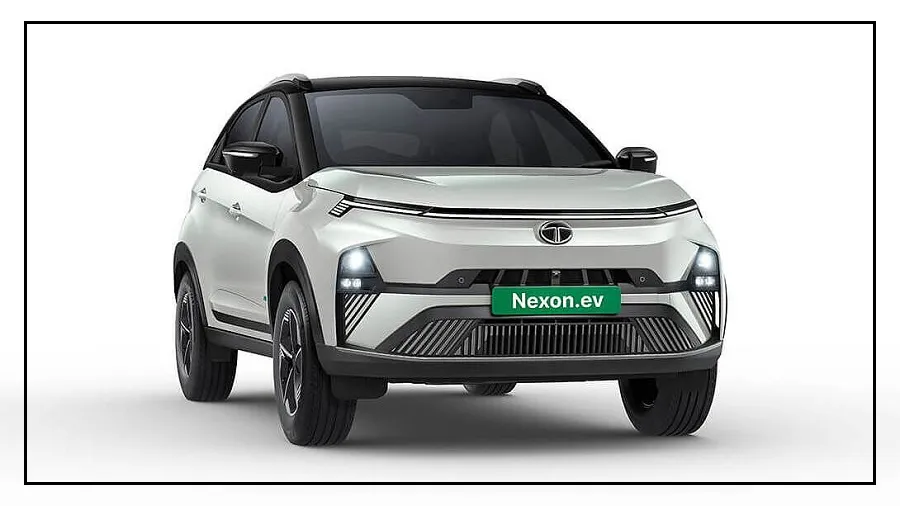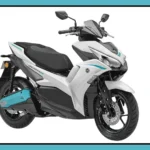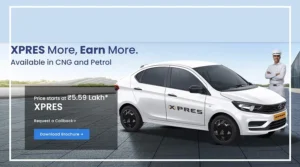Tata Motors, a prominent player in the automotive industry, is set to implement a price increase across its entire range of vehicles starting next month.
The decision, according to the company, stems from the necessity to alleviate the impact of rising input costs.
The impending price adjustment will be applicable to petrol and diesel engine vehicles, as well as electric vehicles (EV).
Incremental Adjustment:
A recent media report suggests that Tata Motors is planning a marginal increase of 0.7 percent in the prices of its vehicles.
This decision comes on the heels of the launch of their second electric SUV, Punch.
The move mirrors a trend in the industry, with other major players like Maruti Suzuki having recently raised prices on their passenger vehicles.
EV Charging Network Expansion:
While announcing the price hike, Tata Motors also shared plans to establish approximately 10,000 charging stations for EVs over the next two years.
Collaborations with operators such as Chargezone, Glida, Statiq, and Zeon have been initiated to bolster this initiative.
Tata Motors currently leads the EV segment in the country and boasts an extensive EV charging network. The company has successfully sold over 1.15 lakh electric vehicles.
Taxation Stance:
Tata Motors has urged the Central Government to refrain from providing tax exemptions on hybrid cars.
This stance aligns with their belief that hybrid vehicles emit more pollution than EVs. This comes in contrast to Toyota’s demand for a tax reduction on hybrid vehicles.
Tata Motors holds a significant presence in both Internal Combustion Engine (ICE) and Electric Vehicle (EV) segments.
Tax Comparison:
According to a Reuters report, Tata Motors argues against reducing taxes on hybrid cars, as they currently face a 43 percent tax, higher than the 48 percent on petrol engine cars.
Electric vehicles, on the other hand, incur a five percent tax.
This aligns with Tata Motors’ previous objection to granting tax exemptions on the import of electric cars, notably opposing such exemptions for American EV maker Tesla.
As Tata Motors navigates the evolving automotive landscape, these strategic decisions reflect the company’s commitment to sustainability and competitiveness in both traditional and electric vehicle markets.

























